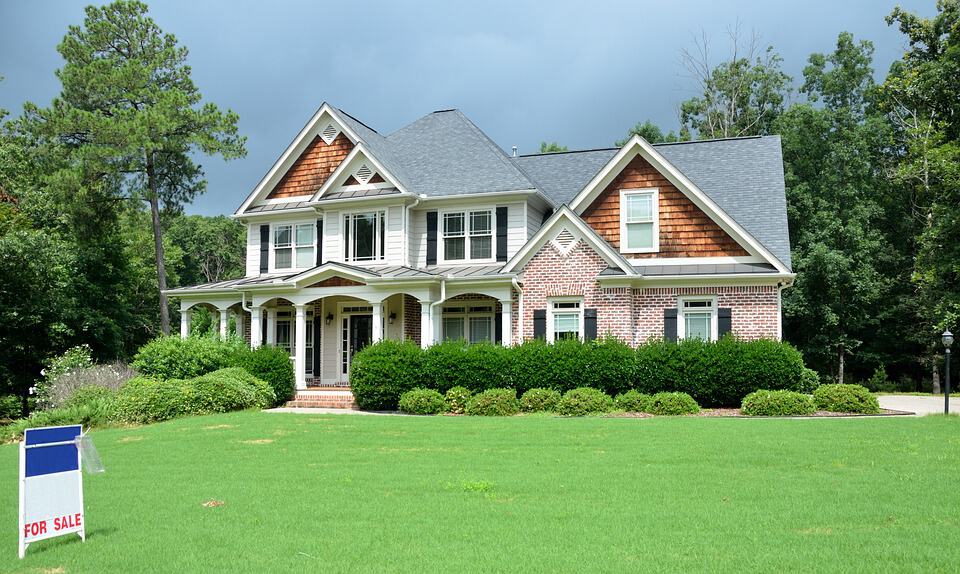Islamic mortgage
Home mortgage is a very common terminology describing the way to own and purchase your dream property.
How does it work, conventionally?
You go, simply go to a bank, you don’t have sufficient funds to purchase your dream property, let’s say it’s worth 1 million USD.
You go to the bank, you request a loan facility of 1 million USD, and then once granted from the bank, upon clearance of your credit risk and everything, the Bank will grant you a loan facility of 1 million USD and expect a repayment of that loan facility over a period of time, not just the principal 1 million, but also a certain markup amount which is called interest.
And then, you will use that property to mortgage it to the Bank as a security or as a collateral.

So why is this not permissible under Islamic banking and finance?
It’s mainly because of two main reasons.
One, it’s because the loan facility granted by the conventional bank to you, involves an element of interest. Interest is a very sensitive and a clear prohibition under Islam, which is mentioned in the Quranic verse,
“ وأحل الله البيع وحرم الربا”
Secondly, the loan facility, is not involved in the real economy.
Therefore it does not participate in the real economic risk.
Why is that?
It’s because under conventional loan, the bank is only exposed to the credit risk of the customer.
So let’s say something happens to the customer, he won’t be able to pay the loan, as according to the payment schedule, then the bank will be at loss.
So the bank is only attached to the credit risk of the customer and not to the property itself.
So how does Islamic home mortgage work?
Islamic home mortgage work in various forms.
I will explain to you the 2 most popular way of how you can obtain or how you can purchase and own your dream property under Islamic mortgage facility or product offered by Islamic banking institutions.
Murabahah – Selling and Buying
First, it’s by way of selling and buying.
So, instead of just lending money, similar to the conventional product that I explained to you just now, the Bank acts more like an active trader, so the Bank goes to the seller, and upon the request of the customer, purchases the house, and then immediately after, sells the house to the customer at a mark-up price.
This is a trading activity which is done multiple times and you’ve seen it everywhere in the world and it’s something which is very encouraged in Islam because the main source of wealth in Islam is by way of business – trading business activity.
So, in this structure, in this ”Murabaha” buying and selling structure, the Bank is not just exposed to the credit risk of the customer but the Bank is also exposed to the risk of the asset itself.
So imagine something that happens to the property after the Bank has purchased the property, before selling it back to the customer, then the Bank will be at real risk and real loss.
Ijarah – Leasing contract
Secondly, the option available under Islamic products for Islamic mortgage is by way of a leasing contract or what we commonly term as “Ijarah”.
Ijarah is a literal word under the Arabic language which means lease.
So how does it work?
You go to the bank and request the Bank to purchase the property that you desire and then immediately thereafter, you will lease that property from the Bank.
So now there is a lessor and lessee relationship.
So now, the bank, instead of merely lending money, the Bank acts more actively in the overall transaction.
How?
The bank is being the lessor and customer is being the lessee.
What does it entail?
It entails all the liabilities and responsibilities attached to that property over the leasing period.
So the Bank will be responsible not just to collect the lease payment amount, the bank will also be responsible for the maintenance, for the structural operations of the property until the expiration of the lease tenure.
And then, at the end of the leasing tenure, the Bank will sell that property to the customer at a nominal price, or even the Bank can grant the property to the customer as a gift in which we call as a “hibah” under Islamic contract.